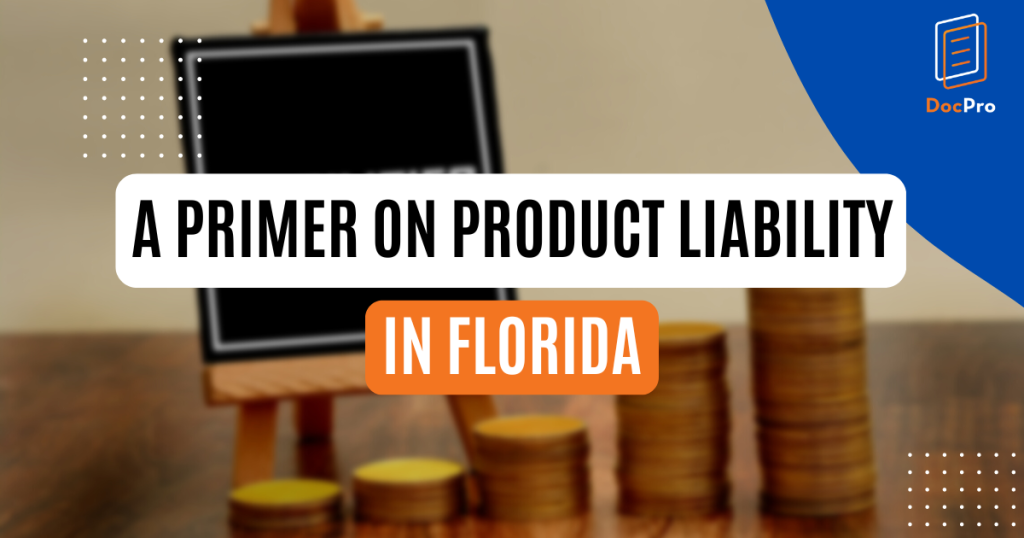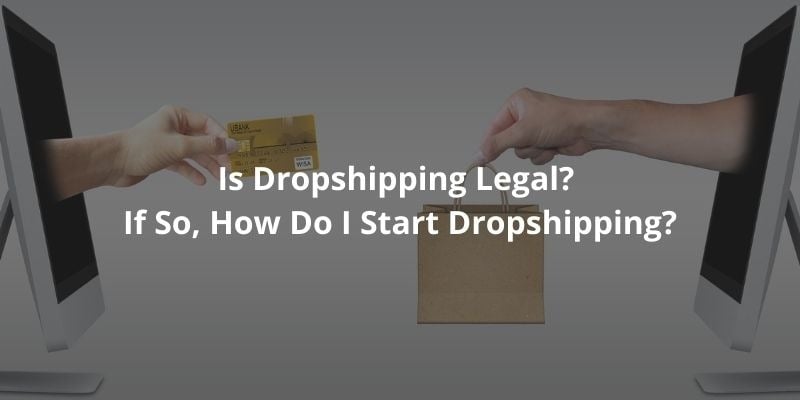Goods / Products


The following are some of the key issues to be spelt out in a Manufacturing / Supply of Goods Agreement:
Pricing - There is no doubt that pricing will be fiercely negotiated. Does the supplier agree that the buyer accepts the "best" price (that is, if the supplier agrees to a lower price (or other important terms) with any other customer, then the supplier promises to reduce the price to the buyer (or provide other important terms that are more favourable) )? Price review and change formulas are equally important to all parties.
Supply Priority - Priority in supply is always important to the buyer. Therefore, the buyer will seek a commitment from the supplier to give priority to fulfilling the buyer's order in the event of a supply shortage.
Exclusivity - Does the buyer undertake to obtain only the relevant goods, components, or materials from the supplier? Any obligation usually includes an abnormal buyer (through his board of directors) who reasonably considers that the quality of the supplier's product is inadequate in terms of materials or excessive Delayed delivery, usually, in this case, requires prior notice to the supplier before the buyer from a third-party source.
Warranty - Does the supplier guarantee product quality as usual? Does it require special guarantees consistent with any specific specifications of the buyer? What remedies or procedures should be taken in the event of a warranty claim? To the extent permitted, it may be necessary to consider whether The conditions implied by local laws on the sale of goods apply or should be excluded.
Ordering process - A feature of most long-term supply arrangements is the need to establish a reasonable system that makes long-term forecasts of buyer demand for products, updates those forecasts, and turns them into binding purchase orders for the required quantity of products. It should be clear whether the supplier has the right to reject any order; if so, the period after the buyer's order notification should be specified. The supplier may require the buyer to commit to the purchase of a minimum quantity of the product for a specified period of time.
Accept / Reject - The buyer's procedures (and commitments) for accepting or rejecting the goods as a buyer should be clear.
Payment terms - Payment terms may be in "standard format" but should be clearly stated, including the currency of the payment.
Title / Risk - Other common supply contract issues include: When is ownership of the goods transferred? When is the risk of the goods being transferred to the buyer? Insurance obligations should be clarified to ensure that there are no gaps or unnecessary overlaps in insurance coverage.
Shipping - When the goods are shipped, it should be clear which party bears the transportation costs, insurance, customs duties, etc.
Intellectual Property Indemnity —Suppliers typically provide an indemnity for damages and costs caused by a third party to a buyer for an intellectual property infringement claim as a result of using the provided product.
Force Majeure - The extent to which liability is excused on the grounds of force majeure should be carefully considered.
Term and termination - The right to terminate should be a clearly stated-for example, whether this agreement applies to a fixed term and/or can be terminated by notice (including a material breach or insolvency by either party). Because the termination of a supply contract can have a significant impact on the buyer's operations, it is often wise to ensure a long notice period (and high-level consultations) before any such termination is triggered.
Goods and Services inquiry should be worded attractively to encourage your recipient to respond to the prospect of a future customer or the maintenance of goodwill. Specifically, an inquiry should be:
1. clear, concise, and specific on the product or service you need;
2. provide an accurate and factual description of your situation or requirements; and
3. don't ask for something that is too general or unreasonable which makes it difficult for the recipient to respond.
To ensure a good customer experience, all inquiries should be promptly responded to, even in a situation where you are unable to give a complete response. In such an instance, you may wish to send a "stop-gap" acknowledgment by letting your customer know that you are working on the inquiry but more time is needed to process the inquiry. An inquiry represents potential business for your company, so the response should be carefully drafted not only to increase the interest in the goods or services of the company but also as a call to action for the customer.
A good response should start by thanking the customer for the interest in the product/service/company. It should give factual information on the product/service that the customer is interested in. Where possible, you should provide as much information to the customer as possible that would help him/her to make the decision on the purchase of the product/service, in addition to responding to the original inquiry made by the customer. The message should end by calling on your customer to take action, or offer further assistance if the customer has any additional inquiries.

6 Mar 2023
4 min read

27 Jan 2023
5 min read

8 Jul 2022
4 min read

19 Oct 2020
8 min read
Not the right document?
Don’t worry, we have thousands of documents for you to choose from: